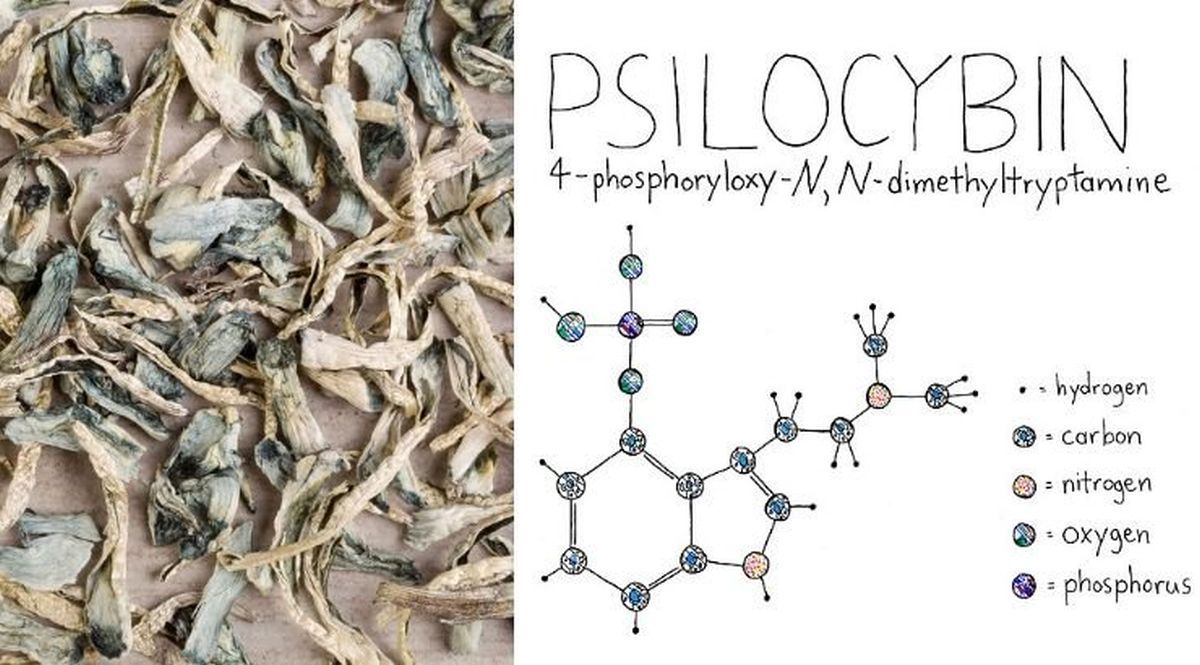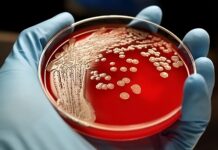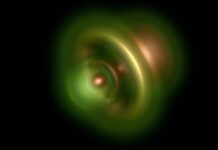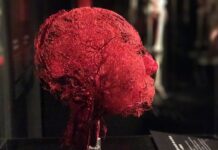Potentially opening the door to a cost-effective means of mass-producing psilocybin, the active hallucinogenic compound found in mushrooms that wards off depression, anxiety, addiction, and post-traumatic stress disorder, a team of scientists from Miami University in Ohio genetically engineered E.coli to produce a high-quality, low-cost, industrial-scale strain of the same psychoactive chemical that causes magic mushroom users to experience hallucinations.
To create the psilocybin-producing E. coli, the team implanted psilocybin-producing genes from magic mushrooms into the bacteria using metabolic engineering and bioreactors – a new harvesting method that only requires bioengineering a bacterium to poop it out of its cells. Once they saw that the bacteria could produce psilocybin, they took pPsilo16 (their most promising strain) and tweaked the growth conditions to optimize production.
Medical-grade psilocybin production is expensive as it requires farming crops of Psilocybe cubensis or Psilocybe semilanceata as well as extensive real estate and significant time to harvest. The end yield is around $2 per milligram for pharmaceutical-grade psilocybin. But with this new technology, traditional barriers can be circumnavigated to produce huge amounts of psilocybin ‘economically from a biological source’.
Andrew Jones, assistant professor of chemical and biological engineering at Miami University, said in a statement:
“We are taking the DNA from the mushroom that encodes its ability to make this product and putting it in E. coli. It’s similar to the way you make beer, through a fermentation process. We are effectively taking the technology that allows for scale and speed of production and applying it to our psilocybin producing E. coli. What’s exciting is the speed at which we were able to achieve our high production. Over the course of this study we improved production from only a few milligrams per litre to over a gram per litre, a near 500-fold increase.”
Psilocybin is currently being tested as a pharmaceutical in clinical trials, and is still classified as a Schedule 1 substance by the US Food and Drug Administration. Yet, the Miami University scientists believe it will soon be available as a treatment to patients suffering from mental health conditions. Jones, who claims this is the first time psilocybin has been produced from an organism engineered to express ‘magic mushroom DNA’, told VICE:
“The E. coli grows in a water-based growth media that contains all chemicals necessary for the cells to survive and grow. The bacteria does not need the psilocybin to grow and prosper, so in that sense it is a by/waste-product and it is excreted from the bacteria into the culture media. We expect there is a lot of room for further enhancement of the organism and production process. We are currently working to improve the genetic background of our E. coli strain to make it a more stable and efficient host for the biosynthesis.”






